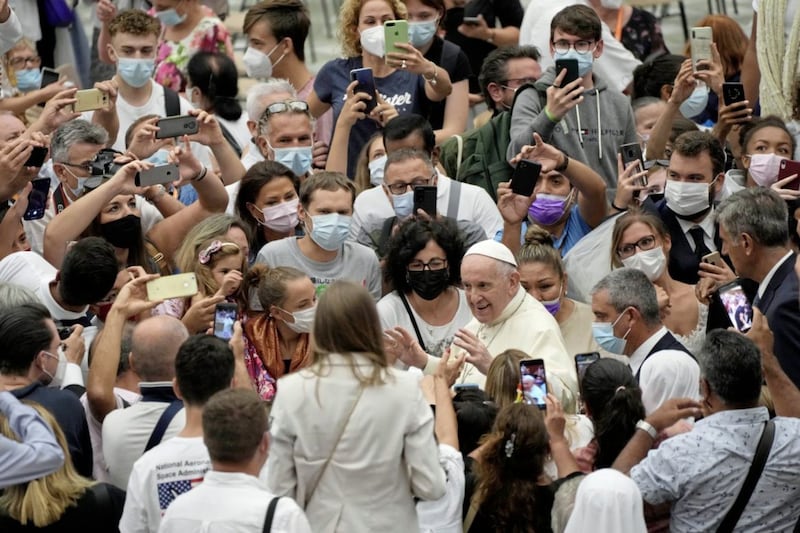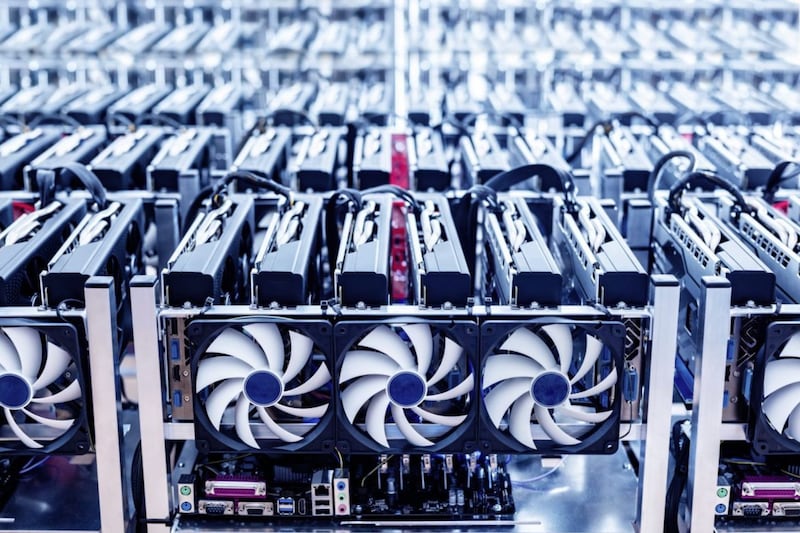WHEN pressed by an expert in law about what he should do to inherit eternal life, Jesus replies that he should "love God and love your neighbour as yourself".
The law expert then asks: "And who is my neighbour?"
Jesus replies by revealing the parable of the Good Samaritan.
As told in Luke's Gospel, Jesus recounts the story of a man who was travelling from Jerusalem to Jericho.
The road was notorious and known as 'The Way of Blood' because of the bloodshed that occurred there.
On the day before his assassination, civil rights leader Martin Luther King Jr described his memories of the road, which he had travelled on with his wife on his first visit to Jerusalem.
"I can see why Jesus used this as the setting for his parable", he said to his wife.
"It's a winding, meandering road. It's really conducive for ambushing. That's a dangerous road."
The man in Jesus' parable is stripped of his clothes, beaten and left for dead. A priest and a Levite walk by, but neither stop to offer assistance. Instead, they pass to the other side of the road.
In the end, it is a Samaritan that stops. The Samaritan takes "pity on him", bandages his wounds, brings him to an inn where he is taken care of, and pays for all the expenses.
At the time of Jesus, people from Samaria were despised outsiders but it is a Samaritan who stopped and "showed mercy".
The Samaritan put his own life at risk in stopping to help the injured man along a notoriously dangerous road, but he did so nonetheless in an act of Christian charity.
Today, we too can be Good Samaritans and care for our neighbours, at virtually no risk to ourselves, by availing of a Covid-19 vaccine.
A risk does exist, but it is vanishingly small. For example, the AstraZeneca vaccine has been linked to a rare but very serious condition that causes blood clots.
How rare is this condition? The most recent data shows around 10 people develop this condition for every million doses of the AstraZeneca jab given.

For those of the Catholic faith, Pope Francis is extremely clear on what the position of the faithful ought to be.
"Thanks to God's grace and to the work of many, we now have vaccines to protect us from Covid-19," the pontiff said in a recent video message.
Pope Francis also described getting the vaccine as "an act of love": "Love for oneself, love for our families and friends, and love for all peoples."
He says "getting vaccinated is a simple yet profound way to care for one another, especially the most vulnerable".
He added that vaccines "bring hope to end the pandemic, but only if they are available to all and if we collaborate with one another".
While 88 per cent of the north's population has been vaccinated with at least a first dose - and 63 per cent fully vaccinated - many developing countries are lightyears behind; only 0.1 per cent of the population of the Democratic Republic of Congo has been vaccinated.
In addition to this, Pope Francis said the vaccine is "authorised by the respective authorities".
People claim that the vaccine has been given the green light by these respective authorities too early, citing that vaccines can often take up to a decade to bring to market.
This ignores the fact that vaccine makers typically face enormous challenges in securing funding and volunteers - challenges which weren't present with the Covid vaccines. Scientists and medical experts were also able to devote every second of their time to Covid-19, a luxury not afforded when developing other vaccines.
It also ignores the fact that we have a lot of knowledge on coronaviruses as a result of the Sars coronavirus outbreak in 2003 and the Mers coronavirus outbreak of 2012.
One of the more bemusing aspects of the pandemic has been the way in which some Catholics have railed against Pope Francis for his embrace of the vaccine.
It is even more bemusing to see ardent pro-lifers become decidedly 'pro-choice' when it comes to the covid vaccine, even going so far as to adopt the pro-choice 'My Body, My Choice' slogan.
It's not pro-life to refuse a vaccine that has saved an estimated 140,000 lives in the United States alone. And it's certainly not pro-life to callously disregard deaths among the elderly as a result of Covid-19, arguing that they were going to die shortly in any case.
Coincidentally, the above is the epitome of fake news. A Coronavirus-related death deprives the average person of around a decade of their life and 1.5 million potential years of life have been lost in the UK to Covid.
A recent study also estimated that for 90 per cent of Covid-related deaths, coronavirus initiated their passing and was the main contributing factor to their death.
As one leading doctor put it to the Association of American Medical Colleges in order to debunk a conspiracy about how Covid-related deaths are recorded: "Whether or not you have Covid isn't going to change your cause of death when you get hit by a car."
The bottom line is, vaccines work. The island of Ireland is seeing case numbers that would have caused untold devastation this time last year, but the vaccine is the crucial thing breaking that link between cases and deaths.
The most recent data from the Centers for Disease Control and Prevention in the United States reveals that fully vaccinated people account for 0.001 per cent of Covid-related deaths and 0.005 per cent of hospitalisations.
Let us be the Good Samaritan who protects our neighbour, especially those most vulnerable in our society. Rather than being like the priest or Levite who walks by the injured man, go to your nearest vaccine clinic and avail of the medically - and Vatican - approved jab.








